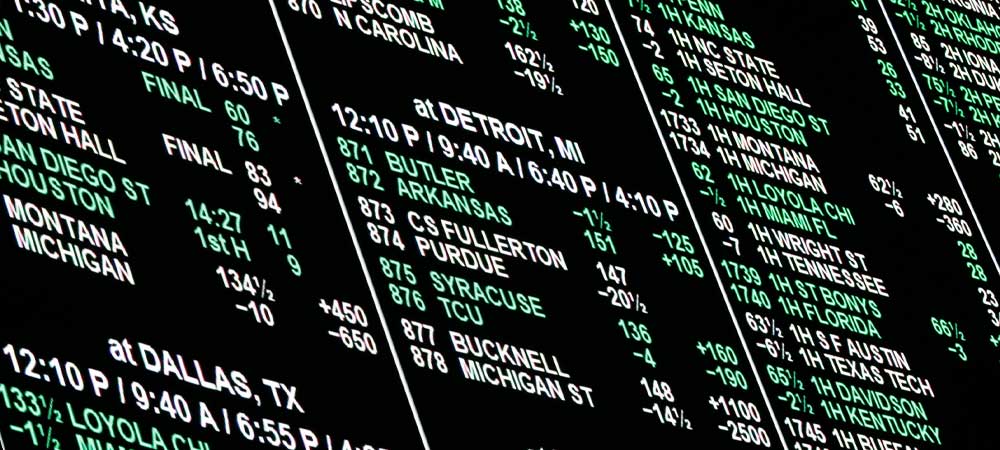One of the biggest questions that people ask is how much revenue will legal New Jersey sports betting actually produce for the state. That, of course, is a largely impossible question to answer, as it has to draw conclusions from a woefully incomplete dataset. It is estimated that 3% of the Americans that gamble on sports do so via “approved” stateside means, visiting Nevada and placing their sports bets there. This, in total, roughly works out to a $5 billion handle.
Using that information as a baseline, it is believed (at least by NJ policymakers) that the Garden State will make about $13 million from taxing sports wagering in the first year of its implementation, while that number could climb as high as $84 million over the next 5-10 years. Considering that New Jersey’s annual budget is almost $40 billion, of course, these numbers are hardly encouraging, and they certainly don’t represent any true economic boon to the state. Senator Paul Sarlo (D-Wood-Right) says plainly: “We’re not going to get the windfall that we all were hoping for.”
Well, perhaps not.
Or perhaps so.
In reality, the true percentage of legal Las Vegas action – and thus the true potential of NJ legal sports betting – is dramatically different. Why? Because the above 3% figure works out to an annual US handle (97% of which is underground) of just $166 billion. That’s substantially lower than what most industry insiders and analysts believe that the US actually spends on the activity: upwards of $300 billion to $500 billion each year.
If that’s the case, and if we go for the notion that Atlantic City will see 1/50th of that haul each year (even though it will likely be substantially more), that works out to between $6 billion and $10 billion. Because a sportsbook usually operates on a margin of about 7% profits, this translates to an income for these businesses of between $420 million and $700 million.
At a 10% tax rate (notwithstanding other fees that sportsbooks will likely have to make to the state, including licensing costs), the state should “earn” roughly $42 million to $70 million in revenue. And this neglects – importantly – to take into account the income taxes and other state taxes that the handle winnings will go towards on the individual level, since those winnings are being kept more or less inside New Jersey instead of being sent overseas (often never to return).
All that said, the legalization of sports betting – for which NJ was primarily responsible – should not come down to its merit as a profit vessel for the government. Unfortunately, it is this context that likely caused the successful PASPA appeal in the first place, as states – particularly New Jersey – felt that they were being economically handicapped by the federal government’s ban on sports betting. Still, it would be better to predicate all this on the notion of state’s rights and the individual freedom to spend one’s money as one sees fit.
Ultimately, at least when it comes to morals, it is irrelevant how much money New Jersey – or any other state – makes off of sports betting. And while the state’s estimate of potential revenue sells itself short and omits any notion of local economic impact (which is where the vast amount of good will come from re legal sports betting), there’s still tons of money to be made and more than enough to go around for sports betting in New Jersey. And it won’t take NJ “5-10 years” to see an annual revenue of $84 million, either.

